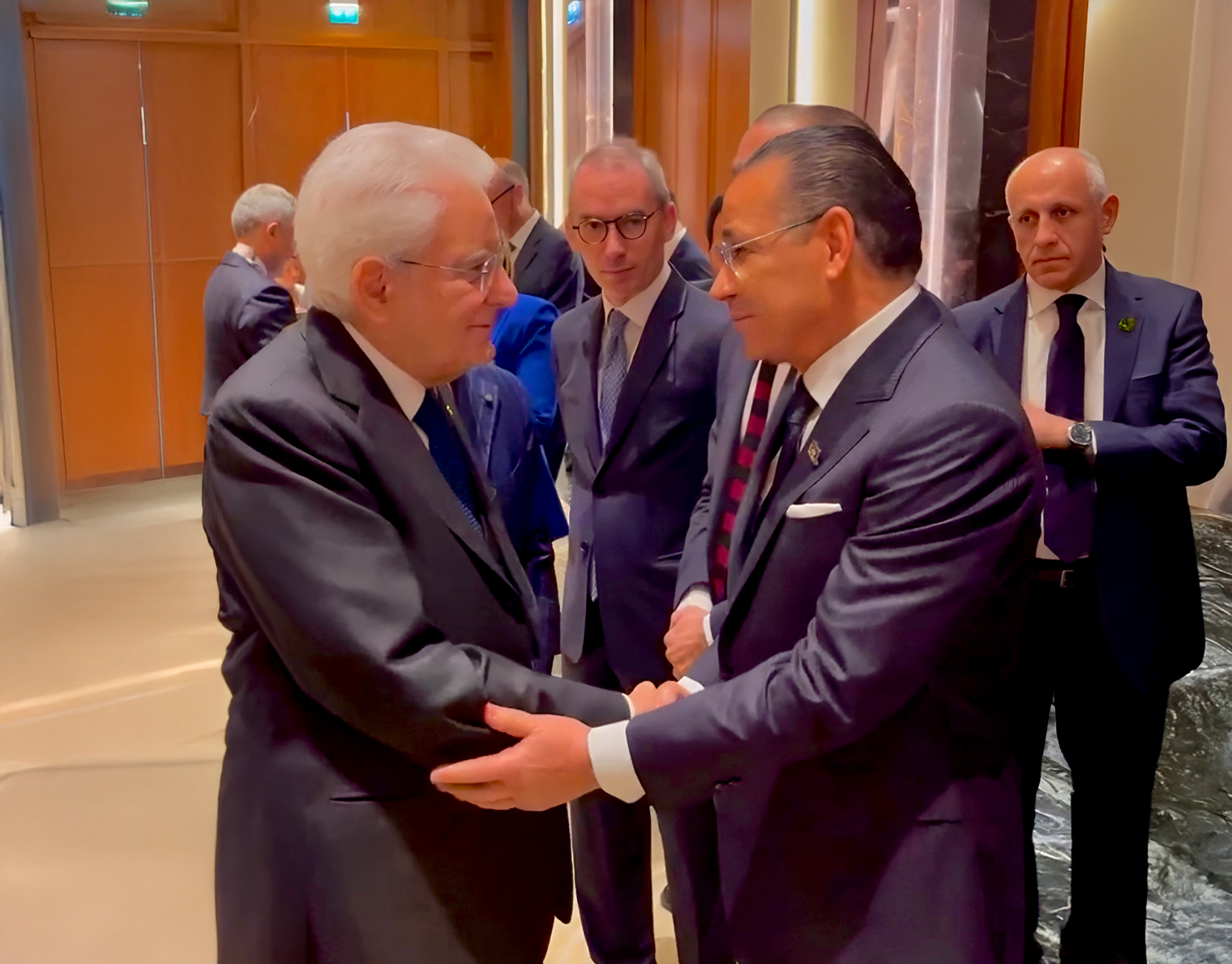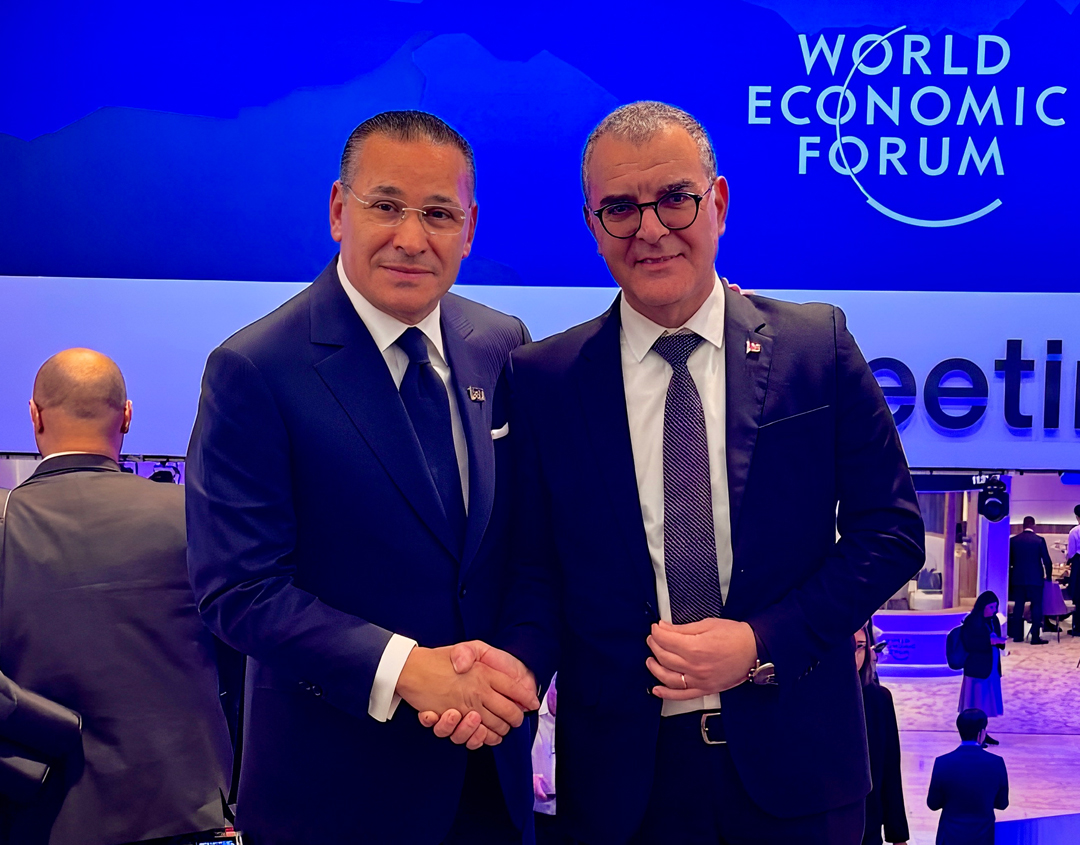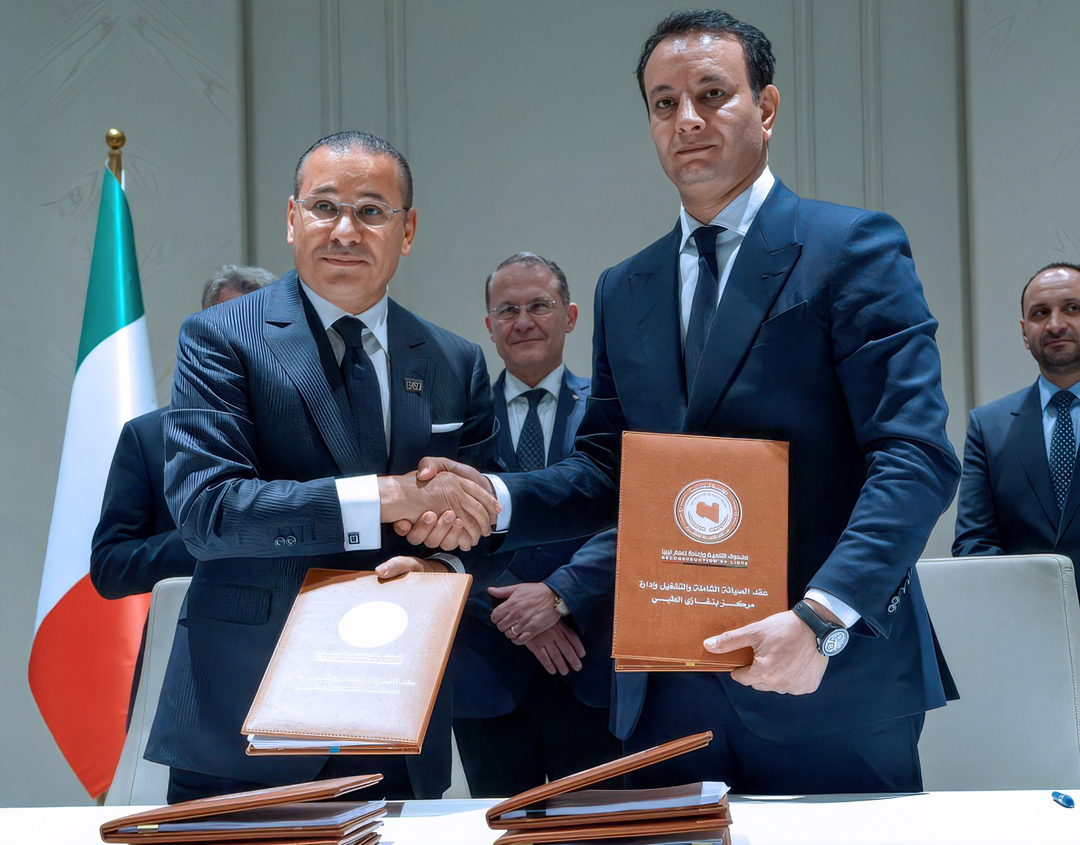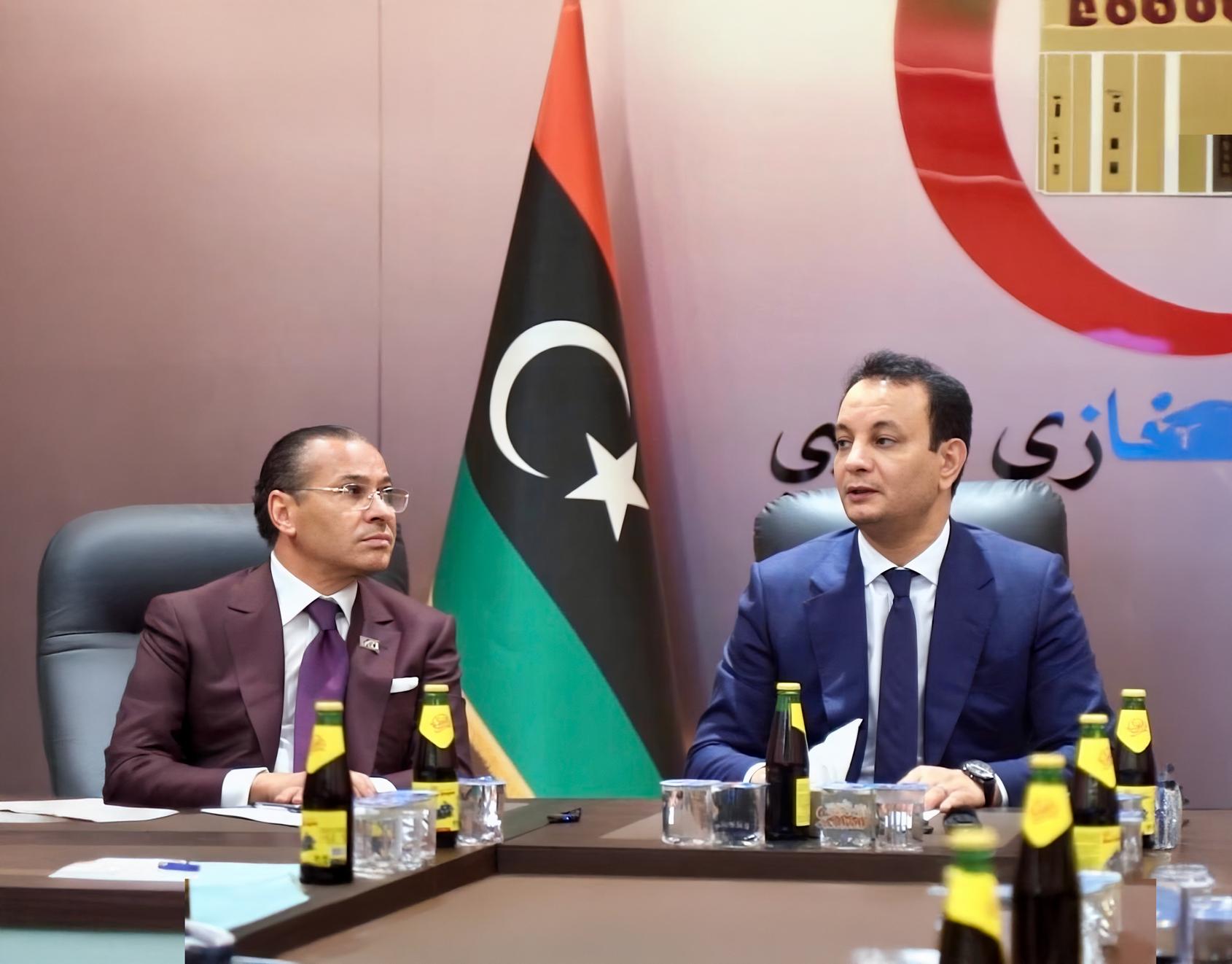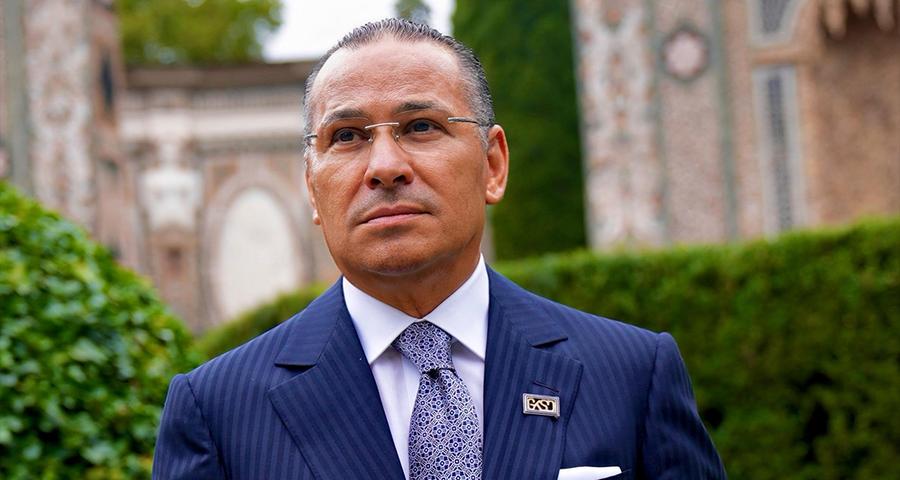Kamel Ghribi Interviewed by Ecofin Agency "A system of creating, sharing and training should form the basis of global health policies”

(GSD Healthcare Middle East) - In 2000 the United Nations drew up the Millennium Declaration in which world leaders committed to combatting poverty, hunger, disease, illiteracy, environmental degradation, discrimination against women and vulnerable members of society. The goals agreed within this highly significant Millennium Declaration set the tone for many future U.N. agendas.
Directly related to this ground-breaking commitment, the U.N. launched the Sustainable Development Goals agenda in September 2015. The SDG blueprint contained the framework for universal action that was aimed at achieving a more sustainable future for all by collectively addressing the unresolved global challenges the world still faced. In particular, the need to address poverty, inequality, climate change, environmental degradation, justice and peace were all included in the agenda. The SDG set out a vision for world leaders in the form of 17 goals to attain a sustainable future for all. At the time, 191 member states signed this declaration and promised to edeavour to achieve the 169 targets set within the goals by 2030. Significantly all 17 goals and 169 targets are directly or indirectly related to health in some form.
GSD Middle East is particularly concerned with SDG 3 “The enjoyment of the highest attainable standard of health is one of the fundamental rights of every human being without distinction of race, religion, political belief, economic or social condition”, which calls on member nations to “ensure healthy lives and promote well-being for all at all ages.” We believe that this objective, more than any other set, is essential not only in the attainment of “well-being for all ages” but also critical if we hope to achieve sustainable development by 2030. For it is only through a healthy population that we can create the conditions for increased economic productivity. Indeed, such a sentiment was encapsulated in the 2014 Geneva Declaration which states that strong economies and social value only occur as a “result of improved health in low-income countries”; in short, unless we address the problems of world health then we can never address the necessity of sustainable development or beat poverty.
“People, planet, partnership, peace and prosperity” are all interwoven with health and access to sustainable healthcare, while poverty, inequality, environmental degradation and conflict all prevent populations from gaining access to affordable quality healthcare.
GSD Middle East has adopted an integrated approach to health and wellbeing in the form of five core elements: consulting; training, research & education; international patient programmes; management and operations. These five core elements are congruent with the agenda set out in SDG 3 in as much as health is regarded as a key feature of human development. In order to generate healthy populations, we must address and prioritise the social, environmental and economic determinants that have an impact on health such as lack of access to education, poor nutrition, low income and a compromised living environment.
Through these five core values aim to improve wellbeing as follows:
Consultancy is provided through the four areas of Healthcare System Transformation & Health Policy Development; Healthcare Management Consultancy; Population Health Management and Hospital Optimisation. With a network of top-ranking universities and hospitals an academic and evidence-based research approach can be combined with clinical care experience. Such an approach facilitates the sharing of strategic solutions that are grounded in health analytics, international review, expertise, knowledge and skills transferal. GSD Middle East has supported local governments in the formation of Healthcare System Transformation and Health Policy Development from design to the implementation of policy strategies; while through training programmes, we have worked to improve the efficacy and quality of care.
Our multidisciplinary teams provide assistance to public authorities in the formulation of population health management schemes using population-based strategies that meet the criteria for value-based care. We also help authorities to optmise hospital structures by drawing from over fifty years of GSD medical and management experience.
Training and Research is shared in the form of customised courses that encompass theoretical knowledge, field experience and reflexive learning. Immersion training programmes have been developed that permit knowledge exchange through observership and practical internship at GSD hospitals in Italy. We believe that student exchanges are key to the professional development of students. International exposure through exchange programmes allows for the strong integration of teaching and research.
However, arguably the most fundamental element to R&D is joint research. The GSD model is based on the interconnection of the research and clinical practice, that is to say, a commitment to joint academic and clinical activity through clinical trials and academic papers.
Patient Programmes reflect the GSD Healthcare maxim that access to adequate healthcare facilities is a basic human right. Our patient programmes allow us to deliver innovative treatments to patients with complex medical conditions. We have always shared our expertise openly and through the international patient programme we have opened facilities to anyone in need for the past thirty years. Thanks to cross-field capacity, experience and research, GSD healthcare treats patients who would otherwise not have access to sophisticated treatments in their nation of provenance.
A strong Management system allows for competency in organisational optimisation and the economy of scale. By working closely with healthcare providers and governments we can help them to improve the quality of care delivered to patients, lower the cost of treatment and enhance recovery through the adoption of less invasive medical techniques. Through close collaboration with hospital teams in situ it is possible to administrate, reorganise, improve equipment, patient pathways, dashboards, data analysis systems and booking registrations. All of which help to develop and deliver world-class healthcare services and facilities.
The principal aim of Operations is to carry out analysis recommendations that allow local medical teams the opportunity to collaborate with GSD healthcare experts through training programmes. The ultimate objective for the GSD healthcare experts is to withdraw gradually and allow healthcare providers to autonomously offer high quality and cost-effective healthcare services.
A vision is without purpose unless action is taken to implement it. GSD Middle East has always believed that a pivotal point to the success of SDG 3 is in the creation, brokering and sharing of medical knowledge and resources through education, research and training. Insights gained in medical advances must be shared and implemented through cooperation across many diverse sectors and institutions. We believe that such a system of creating, sharing and training should form the basis of global health policies. By establishing a broader agenda for healthcare that links it to education, nutrition, sustainable production and improved infrastructure then we can realistically hope to achieve the development goals set out in SDG 3.
Kamel Ghribi, Chairman GSD Healthcare Middle East
